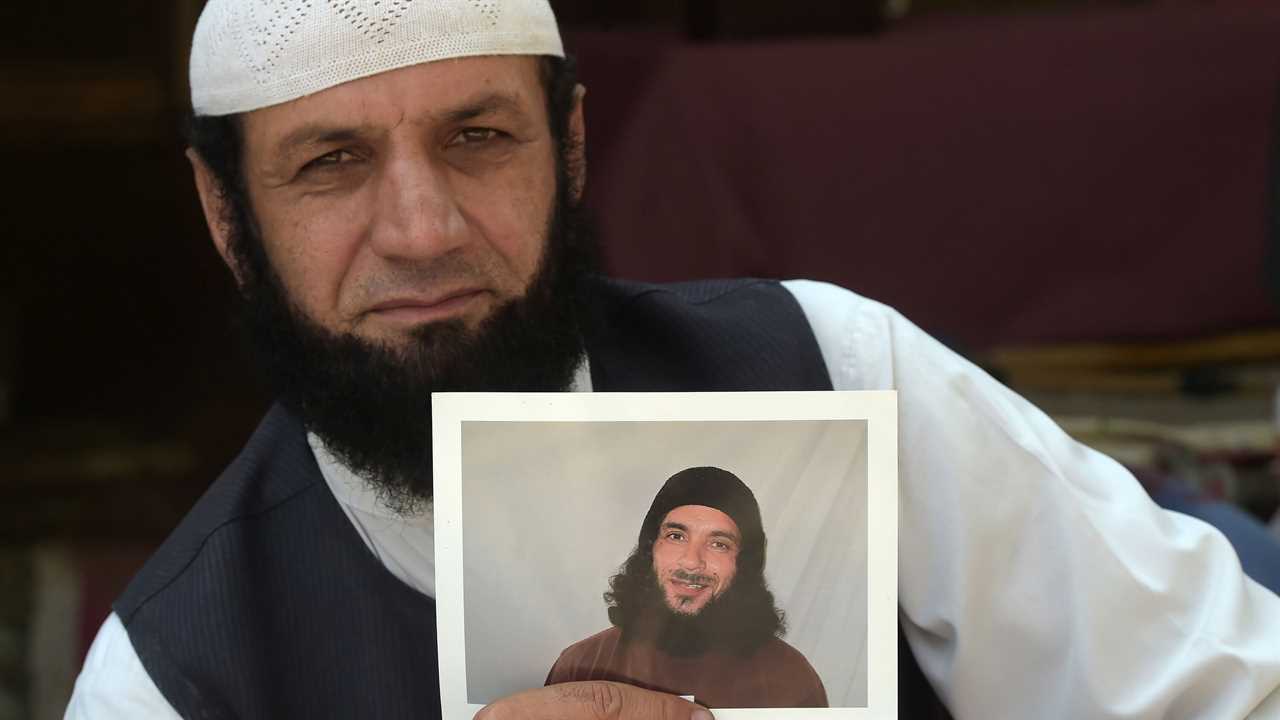
WASHINGTON — A Justice Department lawyer said in federal court on Monday that, even as the Pentagon is withdrawing all troops from Afghanistan, the United States has the authority to continue to detain a former Afghan militia member at Guantánamo Bay, Cuba, because of his past association with members of Al Qaeda.
“We remain at war with Al Qaeda,” the lawyer, Stephen M. Elliott, said at the start of hearing in U.S. District Court in Washington in a case brought by Asadullah Haroon Gul, an Afghan citizen who has been held by the U.S. military since 2007.
The hearing was the first in a Guantánamo habeas corpus case since the Biden administration took office, and its defense of his detention appeared identical to the positions taken by previous administrations, despite President Biden’s order to withdraw all U.S. combat troops from Afghanistan and his stated ambition to close the Guantánamo detention operation.
Mr. Elliott said Al Qaeda is “morphing and evolving” and that the U.S. “war on terrorism” continues.
Mr. Haroon, who is about 40, was captured by Afghan forces while serving as a commander of the Hezb-i-Islami militia, known as HIG, which fought the American and allied invasion of Afghanistan along with the Taliban and Al Qaeda.
His lawyers argue that his war ended in 2016 when the militia made peace with the U.S.-allied Afghan government of President Ashraf Ghani. The foreign ministry of Afghanistan has filed a brief in the case seeking his return.
Most of the hearing, expected to last five to eight days, is closed to both the public and the detainee because the substance is considered classified. Mr. Haroon was permitted to listen in on the opening arguments via a phone line from Guantánamo that broke at least once, requiring a lengthy recess.
Before holding a session in open court on Monday, Judge Amit P. Mehta left his bench in Washington, D.C., to preside in a closed portion of the hearing at a secure facility in Virginia, with Mr. Haroon addressing the judge by video.
“I am not a terrorist,” he said in a statement released by his lawyers. “I am an Afghan.”
In the closed portion of the hearings, government lawyers intend to use U.S. intelligence accounts of Mr. Haroon’s interrogations to defend his continuing detention. Mr. Elliott said U.S. intelligence reports linked him to three Qaeda leaders now held at Guantánamo, starting with his attendance at a young age, apparently in the early 1990s, at seminars sponsored by Khalid Shaikh Mohammed, who is accused of being the mastermind of the attacks of Sept. 11, 2001.
Proof that Mr. Haroon had engaged in hostilities is not necessary, Mr. Elliott added.
“He is not and has never been a part of Al Qaeda, nor has he provided substantial support for them,” said Tara J. Plochocki, a lawyer for Mr. Haroon. His family fled the Soviet invasion of Afghanistan, and he grew up in a refugee camp in Pakistan, which was run by the HIG militia. In fighting for the militia, she said, he was serving as a commander in the “Afghan national force.”
She called him so “insignificant” that he did not manage to get a lawyer to represent him at Guantánamo until 2016. As a result, she said, he “missed out on the last waves of discretionary releases” of the Obama administration.
All but 40 of the 780 men who have been held at Guantánamo have been released, she said, “including many actual members of Al Qaeda. No Taliban are left. No HIG members.”
Federal court judges have been hearing unlawful detention challenges since the George W. Bush administration, but this is the first hearing in a Guantánamo case to be handled by Judge Mehta, an appointee of President Barack Obama. Under the current timetable, the court could reopen the hearing for unclassified closing arguments on May 28.






